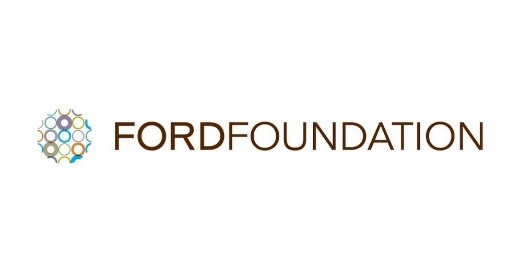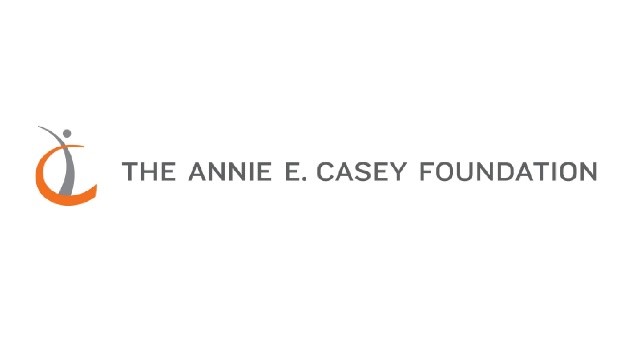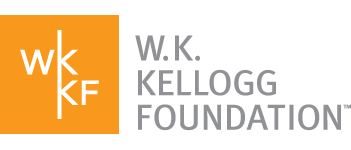This project was made possible by the generous support of our funders – and with significant support from the W. K. Kellogg Foundation. We also received major support from the Annie E. Casey Foundation, Ford Foundation, and The JPB Foundation. Additional support came from the Arthur M. Blank Family Foundation, Collegiate Church Corporation, and Hellman Foundation.
The Vision
Work has been central to achieving the American Dream. Throughout our history, work that provides a decent standard of living has been a critical pathway to upward economic mobility.
At the outset, we agreed to seek common ground on answers to the question: How can work become a stronger engine of economic mobility for lower income workers?
The Problem
America is facing unprecedented challenges to work as an engine of economic mobility. Economic mobility is falling while inequality is increasing, causing those who started low on the economic ladder to likely experience little improvement in their standard of living over their lifetimes, even if they work hard.
The Dialogue identified four key barriers facing low-income households:
- Challenges entering and re-entering the workforce.
- Lack of key supports and assets needed for stable employment and financial security.
- Inadequate savings
- Barriers to employment
In 1980, eight out of ten thirty-year-olds were earning more than their parents did at the same age. In 2010, only five out of ten were earning more.
(Pew Research Center)
At the time of the Dialogue, incomes of the top 20%, and even more the top 1% of households, have risen substantially faster than incomes for others.
(Public Agenda)
Convergence Dialogue Proposals
Workforce Proposals On-ramps to the workforce and reduce barriers to employment.
Quality Job Proposals Improve job quality for lower wage workers
Financial Stability Proposals Increase financial stability and security for lower wage workers
Remove barriers to work for key populations
Project Outcomes
Working Up: Reconvened to Address Economic Recovery Crisis for American Workers
In the initial, most acute months of the COVID-19 pandemic, some members of our previous Working Up Dialogue reconvened along with several new voices with a short-term effort to address the economic fallout of the pandemic on low- and moderate-income workers. This work included opening a key channel of communication among groups across sectoral and ideological lines as congressional recovery packages were crafted and some of those participating in our informal discussions were advising and influencing key Hill offices.
Further Convergence Collaboratives
The work of this group helped identify where Convergence could do deeper, ongoing work in our Economic Opportunity portfolio to build out solutions and recommendations for private sector leaders, policy makers, and other cross-sector influencers at the state and community level going forward. Our two current projects focused on Pathways to Better Jobs and Supports for Working Families grew out of the input and guidance of this group.
Testimonials

In the News
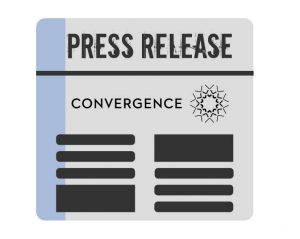
Convergence Working Up Press Release
The Convergence Working Up project announces the release of their final report for increasing economic mobility for low-income Americans. The report was released on October 15th.

Amid Widening Inequality, How Can Jobs Restore Social Mobility? | Opinion
“A good job. A decent income. A path to upward mobility and the sense that if you work hard, it shouldn’t all hang by a thread. These are all bedrock American ideals grounded in work that have become unattainable for far too many — especially for people starting at the lower end of the economic ladder.”
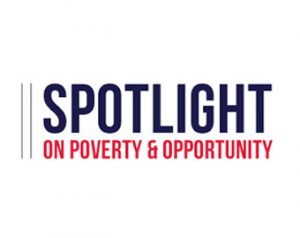
Bridging The Gap To Increase Economic Mobility: A Conversation With Working Up
Spotlight spoke with Russell Krumnow, Director of the Economic Mobility and Poverty Project at Convergence, and Kate Griffin, Vice President for Programs at Prosperity Now, about the project and how it is facilitating opportunities to create work for those most in need.
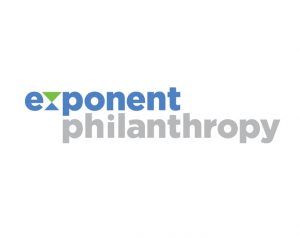
Collaboration Across Differences: A High-Return Investment
“In a time when divisive politics often sends people to their partisan corners, funders have the opportunity to play a unique role as bridge-builders. By investing in efforts that bring together individuals and organizations from different sectors and viewpoints, you can contribute to reducing polarization while also laying the groundwork for more lasting societal change. Since no one person, party, or side has a monopoly on wisdom, it often takes the collective knowledge, resources, and expertise of people with diverse perspectives to create enduring solutions to the complex problems of our time.”

Addressing Economic Inequality: Russell Krumnow And Sharona Shuster
“Americans are developing a shared sense that our economy is not working for most of us. It’s undeniable that inequality has become extreme. But why is this? And what should we do about it? In our Office, we’ve been asking: how can our society have conversations about reducing economic inequality without deepening divisions between people and exacerbating conflict? What conditions need to be met before we can have these constructive conversations? And what does it look like to have faith in the capacity of others to contribute constructively?”

Convergence Launches Working Up Dialogue
In July, Convergence launched its newest project aimed at addressing an urgent domestic challenge of our time—ensuring that upward mobility and economic security exists for all Americans. This new Economic Mobility and Poverty Project kicked off what will be a 12-18 month dialogue-leading- to-action called Working Up. Assembling 30 cross-sector leaders and employing Convergence’s signature consensus-building process, the project will work to identify solutions both aimed at the short term as well as transformational, big bets that might re-imagine how we train, hire and connect people, especially low-income Americans, to pathways upward.
Additional support provided by the Collegiate Church, Hellman, and Arthur M. Blank Family Foundations.
Interested in funding a project in the future?
Check out our donate page or contact our development team to learn more.

